
Effectiveness of SOS for highly trained middle-distance runners
Independent, peer-reviewed study into effectiveness of SOS for highly trained middle-distance runners following a high intensity interval training session.
Read studyScience you can measure
Since day one, SOS has invited independent, university‑led research and built its formula around the proven sodium‑glucose co‑transport mechanism used in oral rehydration science.
*Formulation informed by WHO/UNICEF ORS principles; no affiliation or endorsement implied.*
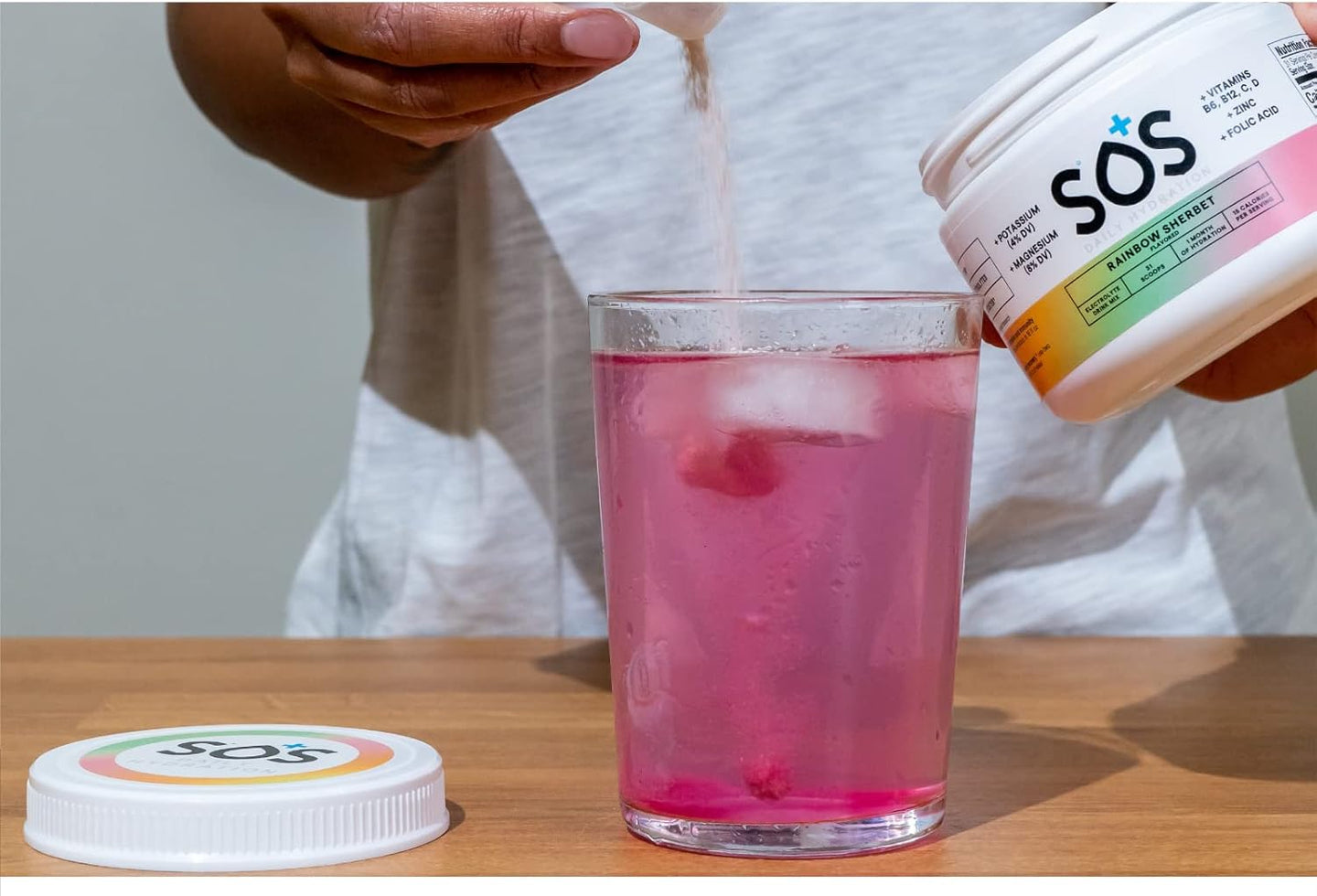


Independent, peer-reviewed study into effectiveness of SOS for highly trained middle-distance runners following a high intensity interval training session.
Read study
Independent study into the effectiveness of excess sugar in sports drinks - High Performance Sport Laboratory at Auckland University of Technology 2015.
Read summary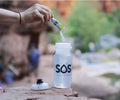
Research conducted by a verified third party specialist osmolarity testing lab.
Read study
White paper in association with the American bio defense institute on military and Covid hydration management using SOS.
Read studySOS subjects' hydration status significantly improved in an independent research trial.
A combined independent study, led by Coventry University and Newman University, in the United Kingdom, analyzed the effectiveness of rehydration beverages following an interval training session in highly trained middle-distance runners.
SOS was compared against an electrolyte sports drink tablet (Nuun) and a placebo of flavoured water.
The results were resoundingly in SOS's favour.
Within 12 hours of drinking SOS, the subjects had recovered their plasma volume and body mass completely.
When taking the electrolyte tablet, or flavoured water, neither plasma volume or the body mass of the subjects had recovered to pre work out levels, therefore increasing their risk of dehydration.
This study identifies that the subjects who used SOS hydrated faster and more effectively than those subjects who used other drinks.
See Figures 1* and 2**.
What does this mean?
Simply put, taking SOS facilitates hydration and recovery better and faster than water or Nuun tablets.
In sports, hydration is critical. According to Gleeson et al., a loss of 2% body weight can lead to a 5% loss in performance over 10km and a 3% loss in performance over 800m / Mile. That could be the difference between a sub-4 minute mile or a 4:06 mile, a loss of 1 minute 45 seconds over 10km for a 35min target 10km, or the difference between winning and finishing out of the medals.
Starting the day in a negative dehydration state will diminish recovery and quality of subsequent workouts. Dehydration can lead to headaches, tiredness, fatigue and potentially more serious complications.
With proven scientific results, SOS should be in every runner's bottle, whether to hydrate between rounds in competition, to use before, during and after a workout, or to help you stay hydrated for what everyday life throws at you.
SOS can be purchased from www.sosrehydrate.com
SOS Hydration Inc.
Founded by brothers and former national middle distance runners, James and Tom Mayo and Blanca Lizaola M.D, a practicing specialist in Internal Medicine, with a passion for Gastroenterology.
SOS is a hydration drink that is based on proven sports and medical science to be as effective as an IV drip in combatting mild to moderate dehydration. It was founded as a result of the Mayo brothers' need for an accessible effective hydration product when they ran and when James served in the military.
SOS is one of the only brands that actively encourages research into its product. Led by Chief Medical Officer, Blanca Lizaola M.D., the brand is going to continue to drive the education of hydration though facts rather than marketing spin.
Newman University
http://www.newman.ac.uk/
Coventry University
http://www.coventry.ac.uk/
*Figure 1: Mean (±95% CI) percentage change in body mass. Placebo (PLA):6% chance of an unlikely benefit; SOS: 84% chance of a likely benefit and ESD (Nuun): 6% chance of an unlikely benefit (Hopkins, 2000).
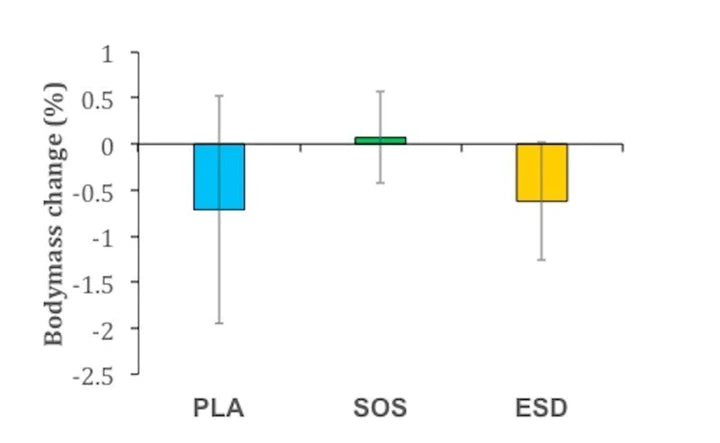
**Figure 2: Mean (± 95% CI) change in plasma volume. SOS: 81% chance of a likely benefit Vs. ESD; SOS: 96% chance of a very likely benefit Vs. Placebo and ESD (Nuun) 63% chance of a possible benefit Vs. PLA (Hopkins, 2000).



Third-Party Empirical Research
SOS is informed by the World Health Organization (WHO) / UNICEF Oral Rehydration Solution (ORS) principles and falls within the typical ORS ranges, supported by over 50 years of dehydration research. The studies below explore the effectiveness of ORS and, where relevant, our specific formulation.
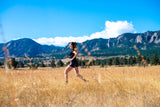
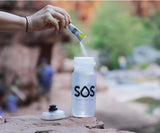


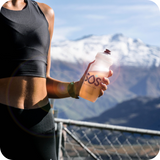
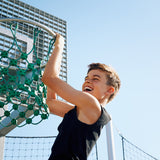
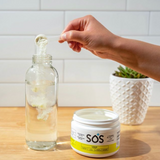
*Informed by WHO/UNICEF ORS principles; no affiliation or endorsement implied. For study limitations and methods, see original sources.*